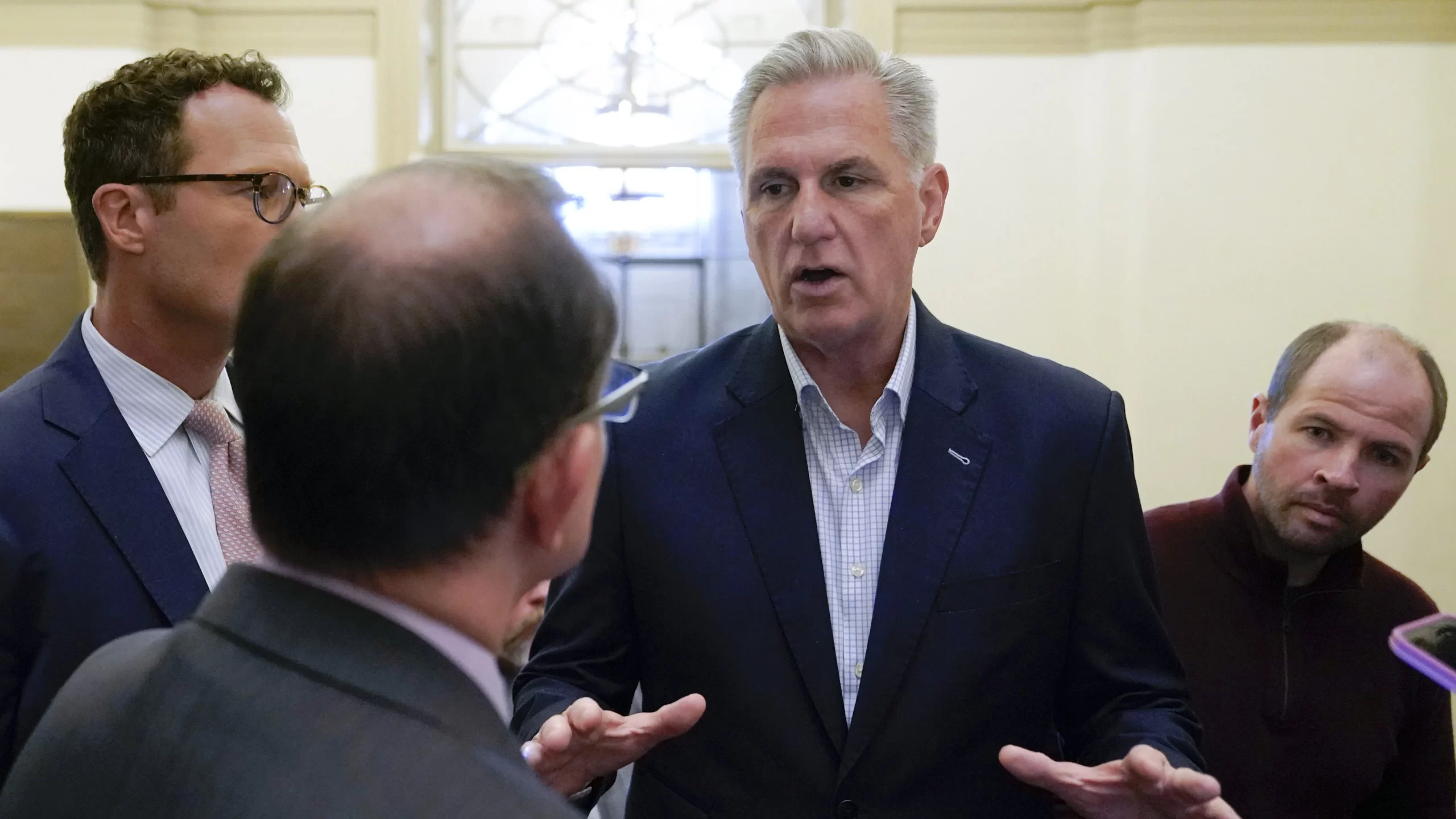The House of Representatives faces a looming deadline with just two days left in session before Congress’ government shutdown deadlines, pressing lawmakers to swiftly find a bipartisan agreement.
House lawmakers concluded their week early, and most will not return to Capitol Hill until Feb. 28, only two days before the March 1 deadline to fund some government agencies. The remaining agencies must receive funding by March 8.
House Speaker Mike Johnson expressed confidence in meeting the deadlines, noting two short-term extensions of the previous year’s funding agreement.

However, the spending dispute has been particularly divisive within Johnson’s narrow House GOP majority. Last month, Johnson and Senate Majority Leader Chuck Schumer agreed to set a discretionary spending topline of $1.59 trillion for the next fiscal year, including an additional $69 billion.
Johnson managed to secure an extra $16 billion in cuts for this fiscal year to offset some of that additional spending. However, GOP hardliners, such as the House Freedom Caucus, are steadfast in their refusal to support any funding exceeding a total topline of $1.59 trillion.
The internal division within the GOP, combined with Johnson’s slim majority, will likely force him to seek Democratic support in the House before the bill can advance to the Senate.
Meanwhile, President Biden criticized House members for embarking on a two-week recess without voting on a $95 billion national security supplemental package intended to assist Ukraine, Israel, and the Indo-Pacific.
The package had recently passed in the Senate, highlighting the urgency of the situation as Congress races against the clock to avoid a government shutdown.


